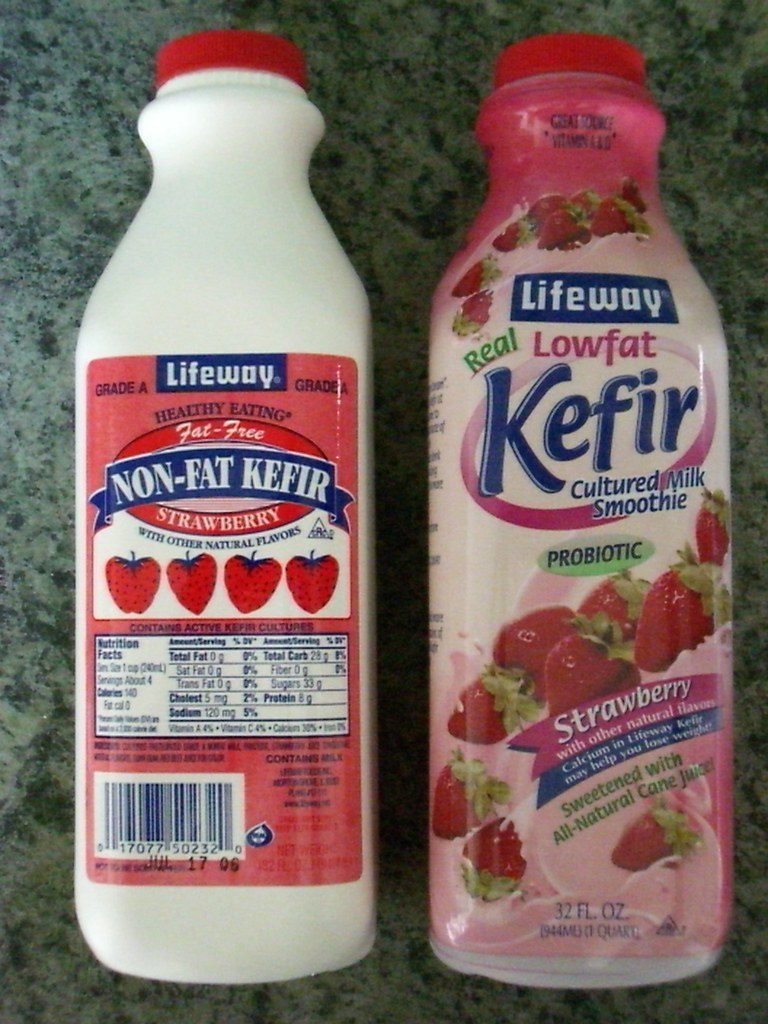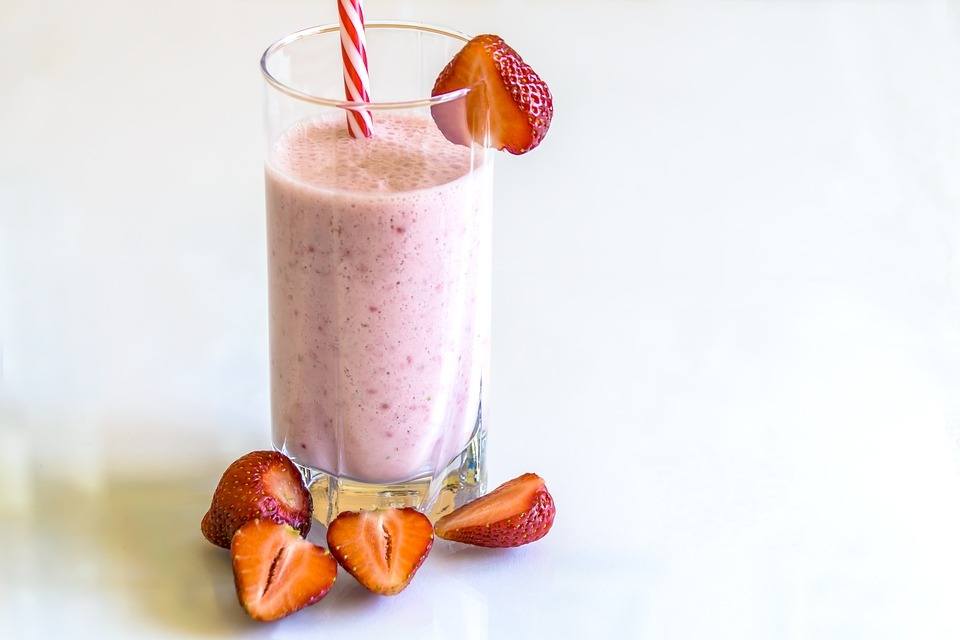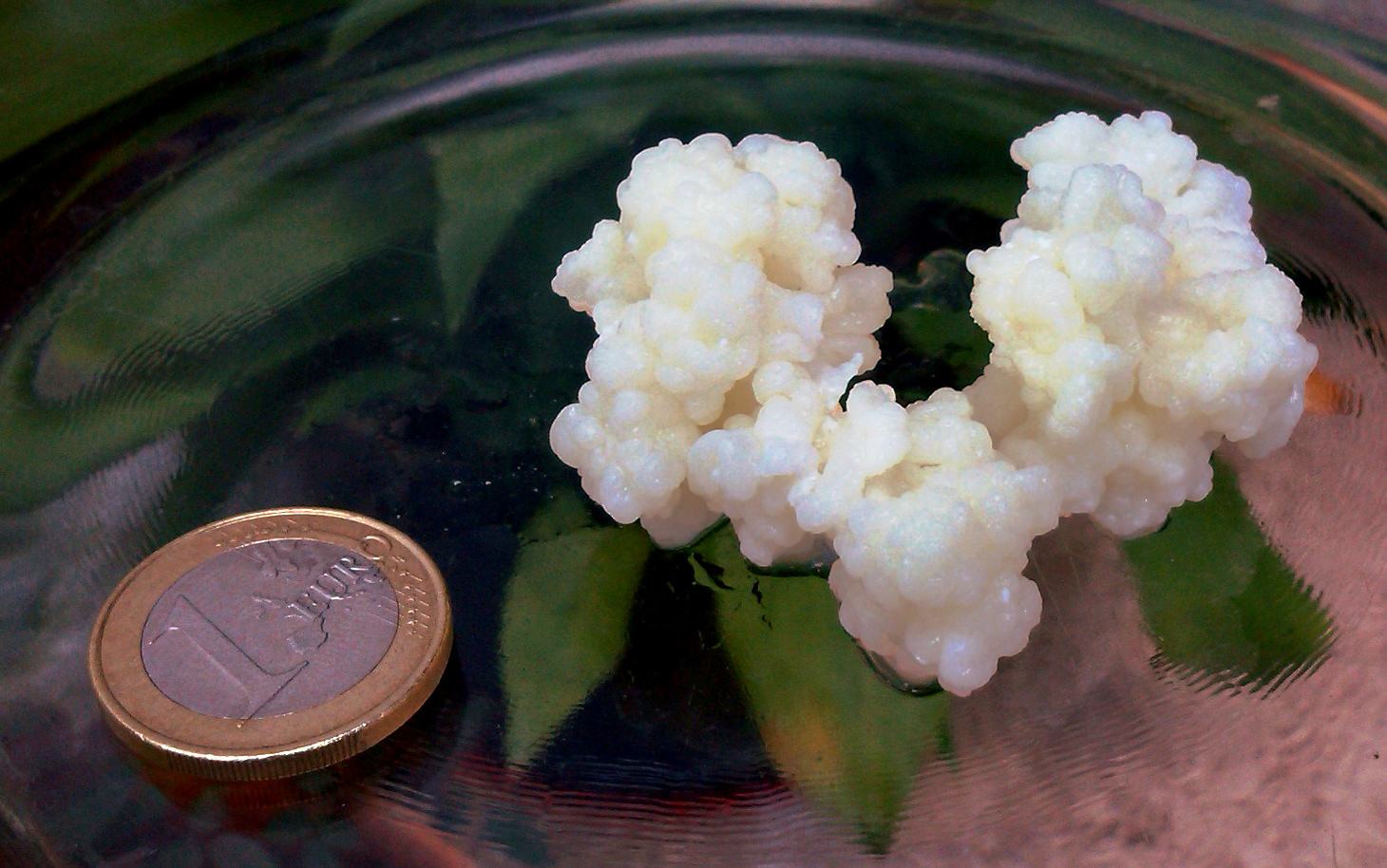Have you ever considered drinking a “living drink”? Does it sound absurd? Not really, because it only means that you’re drinking a probiotic drink. There are a lot of probiotic food and drinks available like yogurt, kimchi, and kombucha. How about kefir? Is kefir a probiotic?
This tangy-yogurt like drink is beneficial not only for gut health but for the individual as a whole. Kefir is a probiotic after all. Even the meaning of “kefir” hints it. It originated from the word “Keyif”, meaning to feel good after eating.
What differentiates kefir from other fermented drinks? To start with, it can be made from different milk bases, whether dairy or not. It is traditionally made from cow or goat’s milk, but don’t let tradition stop you!
That means that you can choose from cow’s milk, sheep’s milk, coconut milk, soy milk or even almond milk.
Perky Kefir
So, the idea about kefir is that you’re not just taking the benefits of the fermented product, but you also get the benefits of the milk base that you used for your kefir. Here are some of the other perks of drinking kefir:
Low in Lactose
Okay, what do you mean “low in lactose”? What if I want full cream kefir? How is that possible?
That’s right. Even if you use dairy milk as a base for your kefir, you’re still getting a reduced lactose version. This is good news for the lactose intolerant people who want to get the nutrients of dairy. That, or you just want the kick of dairy goodness.
The lactose found in dairy-rich kefir converts to lactic acid with the help of the microorganisms present in the kefir culture.
Even with the reduced lactose, you can still get the other nutrients present in dairy, like calcium. On the other hand, if you chose to make a kefir drink from non-dairy based milk, you immediately get a lactose-free kefir drink.
Antibacterial Kefir
Kefir is produced via fermentation, right? So that means that there are microorganisms in that mix!
That’s true, but this antibacterial property targets different bacteria in the gut. There are different bacterial and yeast strains in the kefir culture. These microorganisms can stay in the gut for a longer time.
Another strain to consider is the probiotic called Lactobacillus kefiri, a strain found only in kefir. It is known to control the growth of harmful bacteria such as E. Coli, Helicobacter pylori, and Salmonella.
Various Nutrients
If you have decided to go for low-fat plain kefir, you will get approximately 110 calories, 11 grams of protein, around 12 grams of carbohydrates. And you know it, a low amount of fat which is around 2 grams.
Other nutrients present in kefir are:
- Phosphorus
- Calcium
- Vitamin B12
- Magnesium
- Vitamin B2
- Vitamin D
In addition to getting the nutrients from the milk base, you also have access to Kefiran, an antibacterial carbohydrate found in kefir. It is good for the gut and it may also help lower the blood pressure and cholesterol levels. Although, this study has only been done to animals so far.
Is Kefir a Probiotic?
You might have guessed it at this point. Is kefir a probiotic? Yes, it is.
What does probiotic mean? It is a substance that contains different microorganisms that help the gut in different ways. It can help with digestion, absorption of nutrients and regularizing the bowel movement of the body.
Kefir contains 61 different strains of yeasts and bacteria. That’s a diverse set right there!
Probiotics help in synthesizing short-chain fatty acids as well as Vitamin K. These little guys also help in maintaining colon lining integrity. Against what you say? The colon lining helps protect the gut from harmful bacteria and fungi.
The probiotics also play an active role in the digestion of carbohydrates that we cannot digest on our own. A classic example of this is the fiber that the gut bacteria just love to ferment.
The benefits of probiotics extend beyond the gut. The overall health of a person may improve, such as reduced risk from colds, gestational diabetes or even the need for antibiotics.
Other Probing Probiotics
There are different probiotics besides kefir. Examples of such are the following:
- Sauerkraut
- Yogurt
- Kimchi
- Kombucha tea
- Some non-pasteurized pickles
- Some non-pasteurized pickled vegetables
- Fermented cheeses
Probiotics are living organisms, so for them to be maximized, you have to feed them. One way is to load up with prebiotics. To put it simply, these are food containing complex carbohydrates and fiber. Some of these foods are:
- Fruits
- Green, leafy vegetables
- Oats
- Nuts and legumes
How to Make Kefir at Home
Another fun thing about kefir is that you can make it at home. It’s fully customizable too!
You’ll only need two things: the base and the kefir grain
Kefir culture comes in the form of grains that you add to the milk base for the fermentation process to proceed. It doesn’t look like grains, but instead, it looks like cauliflower or even white porridge. Add it to the milk base, wait for around 24-hours at room temperature and your kefir drink is ready. You can then remove the grains and add it to a different milk base for new kefir.
Some words of caution when brewing your kefir drink. You are dealing with live microorganisms so make sure that your equipment and storage materials are sanitized. Also, make sure that you follow the proper fermenting time of the kefir drink that you are making.
Drinking kefir is a new take on consuming probiotic food. It is customizable to the point where you can choose your milk base right in the comfort of your own home. Not only do you get the nutrients from the base, but you are also loaded with the health benefits of kefir. As a probiotic, it helps with the digestion of complex carbohydrates and may even reduce the lactose content of a dairy drink. Great news for lactose intolerants out there!
Have you tried to make kefir at home? How is it?
[thrive_toggles_group”][thrive_toggles title=”References” no=”1/1″] https://www.bbcgoodfood.com/howto/guide/health-benefits-kefir
https://en.wikipedia.org/wiki/Kefir
https://www.healthline.com/nutrition/9-health-benefits-of-kefir#section1
https://www.webmd.com/food-recipes/features/why-is-kefir-good-for-me#1[/thrive_toggles][/thrive_toggles_group]




